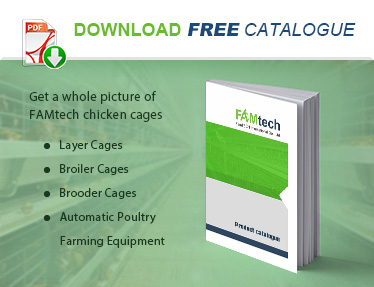The Ultimate Guide For Selecting Cabinet Egg Incubator
Cabinet egg incubators aimed at hatching poultry eggs such as chicken eggs, duck eggs, goose eggs, quail eggs, pigeon eggs, etc. Utilizing a cabinet egg incubator can improve the hatching efficiency, promote large-scale farming, and reduce the costs of the farm. It also effectively avoids the disadvantages of egg compression, cold eggs, contamination, uneven hatching temperatures, etc.
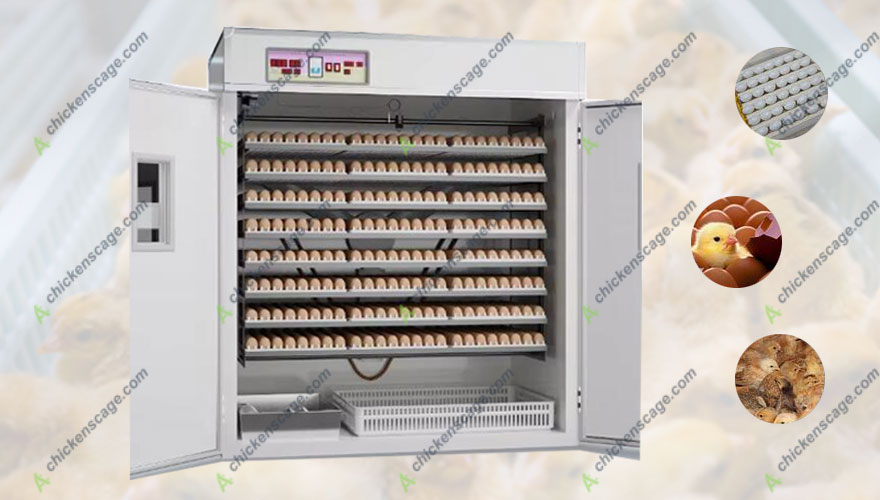
Who opts for a cabinet egg incubator?
Various groups opt for cabinet egg incubators to make a profit. To name some, family farmers, small and medium-sized farmers, large poultry farms, agricultural cooperatives, poultry incubation enterprises, animal husbandry equipment sellers, schools and research institutes, biotech companies, etc.
Among those groups, they may need to choose different types and models of cabinet incubators since the intended use and scale of the farm are varied. When they choose a commercial incubator, they may be sensitive to different perspectives such as the scale of production, the hatching efficiency, the ease of use (degree of automation, etc,), price, and equipment technology.
Today we are going to discuss what factors should be taken into consideration when buying a cabinet egg incubator and how to select the most suitable ones for a farm or enterprise.
Key factors when selecting cabinet egg incubator
Hatching success
The core function of the incubator is to ensure a high incubation success rate. Many hatcheries spend a lot of money to replace advanced incubator equipment. Buyers should pay attention to whether the incubator can provide a stable temperature, humidity, air circulation, etc., to ensure that the eggs can successfully hatch into chicks.
The successful hatching rate is especially important for large poultry farms and incubation enterprises.
Automation degree
Automatic egg turning, automatic temperature control, humidity control, and other functions can greatly reduce manual intervention, and improve incubation efficiency and accuracy, especially suitable for large-scale production and farms requiring efficient management.
.jpg)
.jpg)
Capacity and scalability
Farms of different sizes choose incubators with the right capacity according to their production needs. The scalability of the incubator is also key, with buyers expecting the equipment to expand in the future to cope with increased production.
Take the number of hatching chicken eggs, a small-scale commercial incubator hatcher can handle about 80-1800 chicken eggs. A medium-scale incubator can process about 2000-8000 chicken eggs, and a large-scale incubator hatcher can deal with 9900-22000 chicken eggs.
Temperature and humidity control accuracy
For scientific research institutions and companies with high technical requirements, the temperature and humidity control accuracy of the incubator is crucial. Small fluctuations in temperature and humidity may affect the success rate of incubation or the accuracy of the experiment.
Energy conservation design
Energy-saving will directly affect operating costs, especially for large hatcheries, which usually run equipment for a long time. Energy-saving design can significantly reduce power and energy consumption, thus improving overall efficiency.
Function and use experience of commercial incubators
Durability and maintenance costs
Durable equipment means less downtime and maintenance costs. Buyers evaluate the quality of the equipment's materials, workmanship, and ease of cleaning and maintenance.
Brand and after-sales
Reliable brands and after-sales services are particularly important for long-term use. Buyers need to pay attention to whether the equipment supplier provides after-sales services such as repairs, technical support, and parts replacement to ensure the normal operation of the equipment.
.jpg)
.jpg)
Ease of use
For buyers who cannot operate complex technologies, easy-to-use incubators are more attractive. User-friendly design, clear operation interface, and easy-to-use functions are important considerations.
Multi-function and adaptability
Some buyers hope that the incubator can be suitable for a variety of poultry species, such as chickens, ducks, geese, etc., or even different types of birds so that it can be flexibly adjusted according to needs.
Hygiene and cleaning
Whether the incubator is designed to be easy to clean and whether it can avoid bacterial growth is also an important consideration. Especially when used on a large scale, the hygienic management of the incubator directly affects the survival rate of the hatched and the health of the animals.
Buy commercial incubators based on budget
When choosing an incubator, balancing budget and functions is the key. When the budget is low, you can give priority to incubators with complete core functions, such as basic temperature and humidity control, and simple automatic egg-turning functions. When the budget is sufficient, you can consider high-end equipment with more complete functions, such as precise temperature and humidity control, fully automated management, and energy-saving design, which can reduce manual operations and improve efficiency.
Strategies for family farmers
Family farmers usually need small, affordable incubators, focusing on ease of operation and basic temperature and humidity control. Such users tend to buy entry-level equipment, not pursuing high-end automation functions, but focusing on cost-effectiveness, ensuring hatching success rate and basic operation convenience.
.jpg)
.jpg)
Strategies for small and medium-sized farms
Small and medium-sized farms will balance equipment capacity and automation functions to reduce labor costs and increase production. They may want to choose a medium-priced incubator with automatic egg turning and temperature control functions, and a moderate capacity to meet the production needs of a certain scale. Such farmers will tend to choose equipment with good after-sales service to ensure long-term support during use.
.jpg)
.jpg)
Strategies for large farms
Large farms usually have higher budgets and higher requirements for equipment performance, durability, and automation. They will invest in large incubators with complete functions, focusing on the efficiency and long-term stability of the equipment, such as fully automatic temperature and humidity control, large capacity, and high energy saving. Although the initial investment is large, they are more concerned about the improvement of production efficiency and the reduction of labor costs brought by the equipment.
.jpg)
.jpg)
Long-term benefit analysis
The cost of an incubator includes not only the initial purchase price but also long-term maintenance, energy consumption, and operating costs. By purchasing an energy-efficient and durable incubator, although the initial investment may be higher, energy and labor costs can be saved during operation. Especially in large farms, the use of more automated equipment can significantly reduce manual operations, thereby improving production efficiency and reducing labor expenses.
Durable incubators can reduce the cost of frequent repairs and replacements, extend their service life, and reduce downtime. In large-scale commercial production, any downtime affects output. Therefore, it is crucial to choose equipment with good after-sales service and maintenance support. In addition, automated equipment reduces operating errors and the need for manual intervention, improving hatching success rates and thus overall output. These factors allow high-cost investments upfront to pay off in long-term operations.
The energy-saving design of the incubator helps to significantly reduce power consumption, especially for equipment that operates for a long time. As the scale of equipment expands, the advantages of energy-saving performance will become more obvious, and the reduced energy costs will eventually be converted into production profits. Therefore, when choosing an incubator, equipment that focuses on energy-saving features can not only bring environmental benefits but also reduce long-term operating costs.
Conclusion
Farmers, enterprises, and institutes should think over the comprehensive factors before deciding which cabinet egg incubators to buy. The principal factors such as the scale of the farm, the demand for equipment, and the budget, must be taken into account first. At the same time, do not overlook the reliability of brand and after-sale services, ensuring a long and stable operation of the equipment and more importantly the success of the farming business.

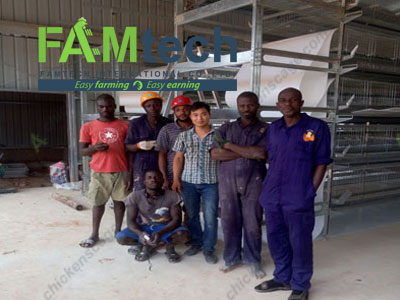 A 5-tier H type layer cage system installed in West Africa
A 5-tier H type layer cage system installed in West Africa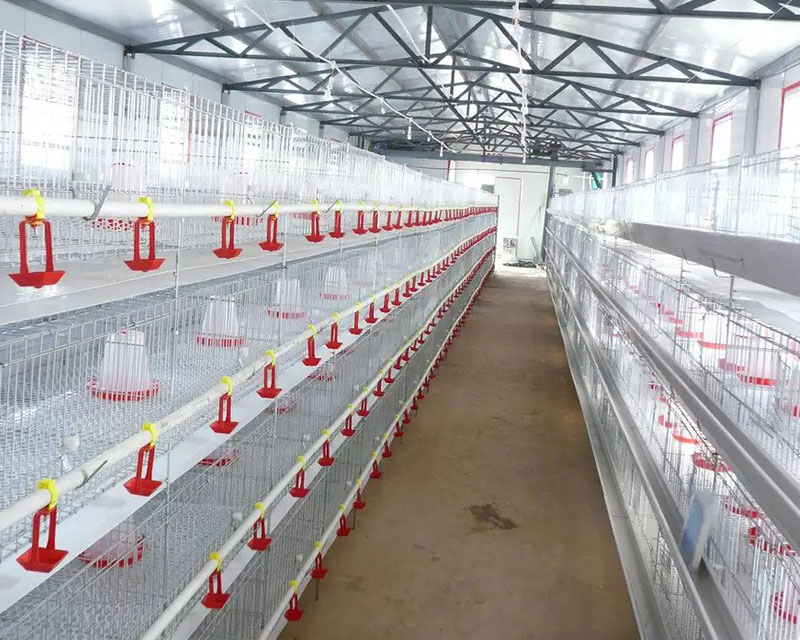 4 Tier H Type Broiler Cage Project In South Africa
4 Tier H Type Broiler Cage Project In South Africa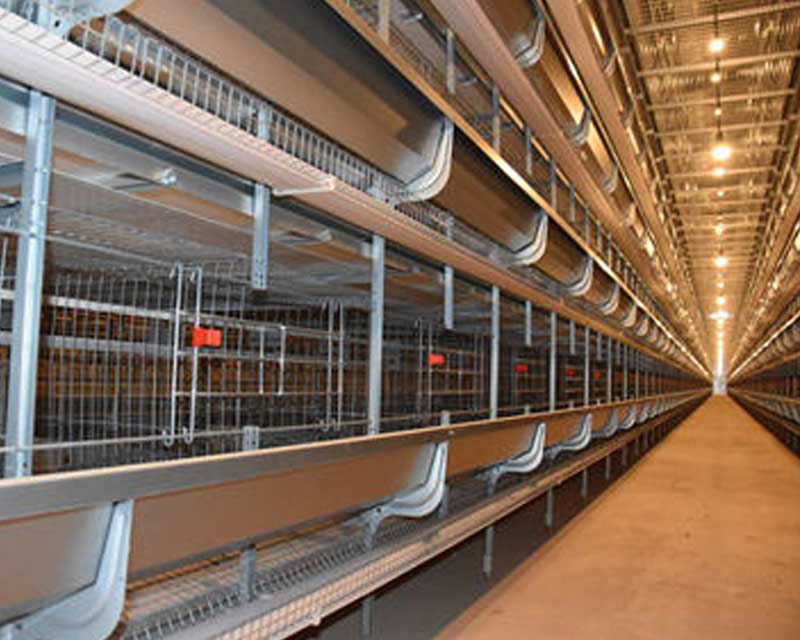 Layer Cage Project In Cuba
Layer Cage Project In Cuba H Type Layer Cage Project In Southeast Asia
H Type Layer Cage Project In Southeast Asia A Type Layer Cage Installed In West Africa
A Type Layer Cage Installed In West Africa Nigeria H Type Layer Cage Project
Nigeria H Type Layer Cage Project